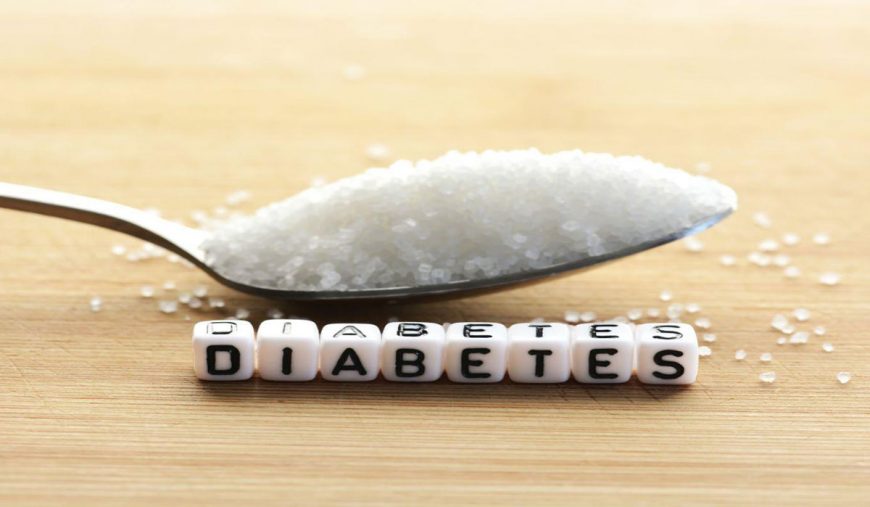Glucose isn’t something as bad as it termed as. You may wonder what makes us claim that. But what needs to be known is Glucose is necessary for the body to run and function efficiently. Glucose is the charger, energizer and fuel that the body uses to carry out various internal and external activities. When we eat food, be it anything from a humble Banana to an expensive Mango, Carbohydrate is omnipresent. Carbohydrate is a complex structure formed of too many Glucose molecules. When these carbohydrates enter the body, they are broken down into Glucose by the various enzymes present in the body. Extra Glucose molecules are converted into glycogen and stored in the liver for further energy requirements.
The Glucose enters the cells of the body to provide the energy required for basic functioning. But when we are not eating enough, glycogen is reconverted to Glucose to meet the energy and vitality requirements of the organs. The hormone ‘Insulin’ paves the way for Glucose to enter into the blood cells. When Insulin is not released enough, the Glucose cannot enter the body and thus the levels of Glucose is increased in the blood stream. This presence of high amounts of Glucose in the bloodstream and over a period in the urine gives rise to ‘Hyperglycemia’, the condition further leading to Diabetes.
How does your Body Makes Glucose –
It mainly comes from foods rich in carbohydrates, like bread, potatoes, and fruit. As you eat, food travels down your oesophagus to your stomach. There, acids and enzymes break it down and glucose is released.
It goes into your intestines where it’s absorbed. From there, it passes into your bloodstream. Once in the blood, insulin helps glucose get to your cells.
Energy and Storage
Your body is designed to keep the level of glucose in your blood constant. Beta cells in your pancreas monitor your blood sugar level every few seconds. When your blood glucose rises after you eat, the beta cells release insulin into your bloodstream. Insulin acts like a key, unlocking muscle, fat, and liver cells so glucose can get inside them.
If you haven’t eaten for a few hours and your blood glucose level drops, your pancreas stops churning out insulin. Alpha cells in the pancreas begin to produce a different hormone called glucagon. It signals the liver to break down stored glycogen and turn it back into glucose. That travels to your bloodstream to replenish your supply until you’re able to eat again. Your liver can also make its own glucose from proteins and fat stores in the body.
The amount of Glucose we get in our diet is ~180 g/day. But the total Glucose utilization in the body is ~250g/day, out of which the Brain uses ~125g/day and the remaining ~125g/day is used by the rest of the organs of the body, majorly by Liver, Heart and Intestines.
Hyperglycemia and Hypoglycemia –
Hyperglycemia – In relation to diabetes, hyperglycemia refers to chronically high blood glucose levels
Complications from Hyperglycemia
Persistent hyperglycemia can cause a wide range of chronic complications that affect almost every system in your body. When large blood vessels are affected, it can lead to
• Stroke (cerebral vascular disease)
• Heart attack or Congestive Heart Failure (coronary heart disease)
• Circulation disorders and possible amputation (peripheral vascular disease)
When smaller blood vessels are affected, it can lead to:
• Kidney disease (nephropathy)
• Nerve damage (neuropathy)
• Diabetic eye disease (retinopathy)
Hypoglycemia – Hypoglycemia refers to dangerously low blood glucose levels that drop below 70 mg/dL. Significant hypoglycemia is considered below 54 mg/dL. It is an acute complication of diabetes and occurs in individuals who use insulin or specific kinds of oral diabetes medication.
Complications from Hypoglycemia
If hypoglycemia is not treated immediately, it can result in:
• Severe confusion and disorientation
• Unconsciousness
• Seizures
• Coma
• Death

